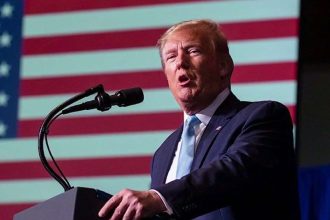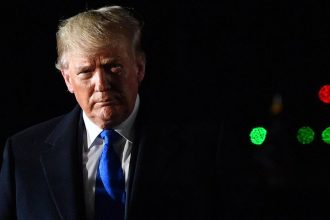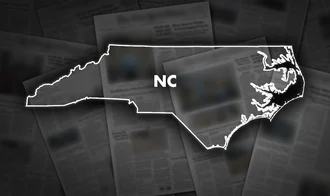Politics is like a giant puzzle of ideas, plans, and always-changing situations. In the middle of all this, you have political consultants. They’re the secret superheroes working behind the scenes, helping future leaders figure out their path. These consultants are like expert guides, giving advice and shaping how politicians present themselves to the world. They plan strategies, handle challenging situations, and even help create policies. But it’s not all easy; there are questions about how honest they are, how much they use negative tactics, and balancing what’s best for everyone with what their clients want. The future of this job depends a lot on using new technology, being honest, and being open about what they do.
Understanding the Role
A political consultant is like an expert planner, carefully designing how politicians present themselves. He doesn’t just manage campaigns; they’re the ones who shape how people see a candidate. He is like a change-maker, designing how messages are shared and understanding the public’s thoughts. Their job involves more than just organizing campaigns; he is like a communication expert, crafting the story that voters hear about a candidate.
Strategic Planning and Guidance
Initially, consultants dive deep into understanding what their client wants to achieve, what they’re good at, where they might need help, and what’s happening in politics around them. They make a detailed plan, figuring out how to use their client’s strengths and handle any problems that might come up. This plan covers everything from what messages to share, how to get money for the campaign, building alliances with others, and getting people excited and involved in voting.
Impact Beyond Elections
The influence of political consultants transcends elections. They navigate the intricate web of policymaking, lobbying, and public relations, guiding leaders beyond the campaign trail. Consultants aid in decision-making, offering insights into public sentiment and strategic advice in governance.
Communication and Branding
Crafting a compelling narrative is pivotal. Consultants engineer candidates’ image, defining their brand, values, and vision to resonate with the electorate. They curate speeches, design advertisements, and manage social media to shape a candidate’s public persona.
Data-Driven Decision Making
Data forms the bedrock of modern political consulting. Consultants employ sophisticated analytics to dissect voter demographics, preferences, and behavioral patterns. This insight drives targeted outreach and informs strategies for maximum impact.
Policy Crafting and Advocacy
Consultants assist in formulating policies aligned with the leader’s vision while considering public reception. They facilitate the translation of campaign promises into tangible policies, bridging the gap between aspirations and implementation.
Crisis Management and Public Relations
Consultants help fix the mess and protect their client’s image when things go wrong. They’re good at talking and figuring out how to handle problems. They allow leaders to speak up about issues, control how the news talks about them, and ensure things don’t worsen. Their job is to save their client’s reputations by being thoughtful about what they say and do so the public doesn’t think badly of them.
Ethical and Moral Dilemmas
However, the power wielded by political consultants also raises ethical concerns. The fine line between ethical practice and manipulation often blurs. Questions arise regarding truthfulness in messaging, the impact of negative campaigning, and the balance between serving the public interest and the client’s agenda.
Future Trends and Challenges
The landscape of political consulting is ever-evolving. Technological advancements, the rise of social media, and evolving voter behaviors constantly reshape strategies. The need for adaptability and innovation becomes paramount in this dynamic environment.
Technology and Data Integration
As technology improves, using computer smarts and learning from data will become important in political consulting. Consultants will use these tools to understand what people want and how they act. But it’s not just about using them—it’s about using them correctly, being fair and intelligent. How well they use these tools will decide whether their campaigns will work in the future.
Transparency and Accountability
Consultants are under much more pressure to be open about what they do. Rules are getting stricter, and people want them to do the right thing more than ever. Consultants must follow these rules and be honest about their work. They’re being watched more closely, so they must be extra careful about their actions. The future of their job depends on how well they follow these rules and show that they’re doing things fairly and honestly.
Conclusion
Campaign slogans are the heartbeat of political messaging, resonating with voters and defining a candidate’s essence. Jay Townsend insights unveil the power behind these concise phrases, emphasizing their pivotal role in capturing attention and inspiring action. Crafting campaign slogans isn’t merely about words; it’s about encapsulating a vision, stirring emotions, and fostering connections. Our guidance navigates the intricacies of creating impactful slogans, emphasizing authenticity and simplicity. In our political campaigns, slogans wield immense influence, acting as rallying cries that echo in the electorate’s minds, shaping perceptions, and leaving an indelible mark on the journey toward victory.














